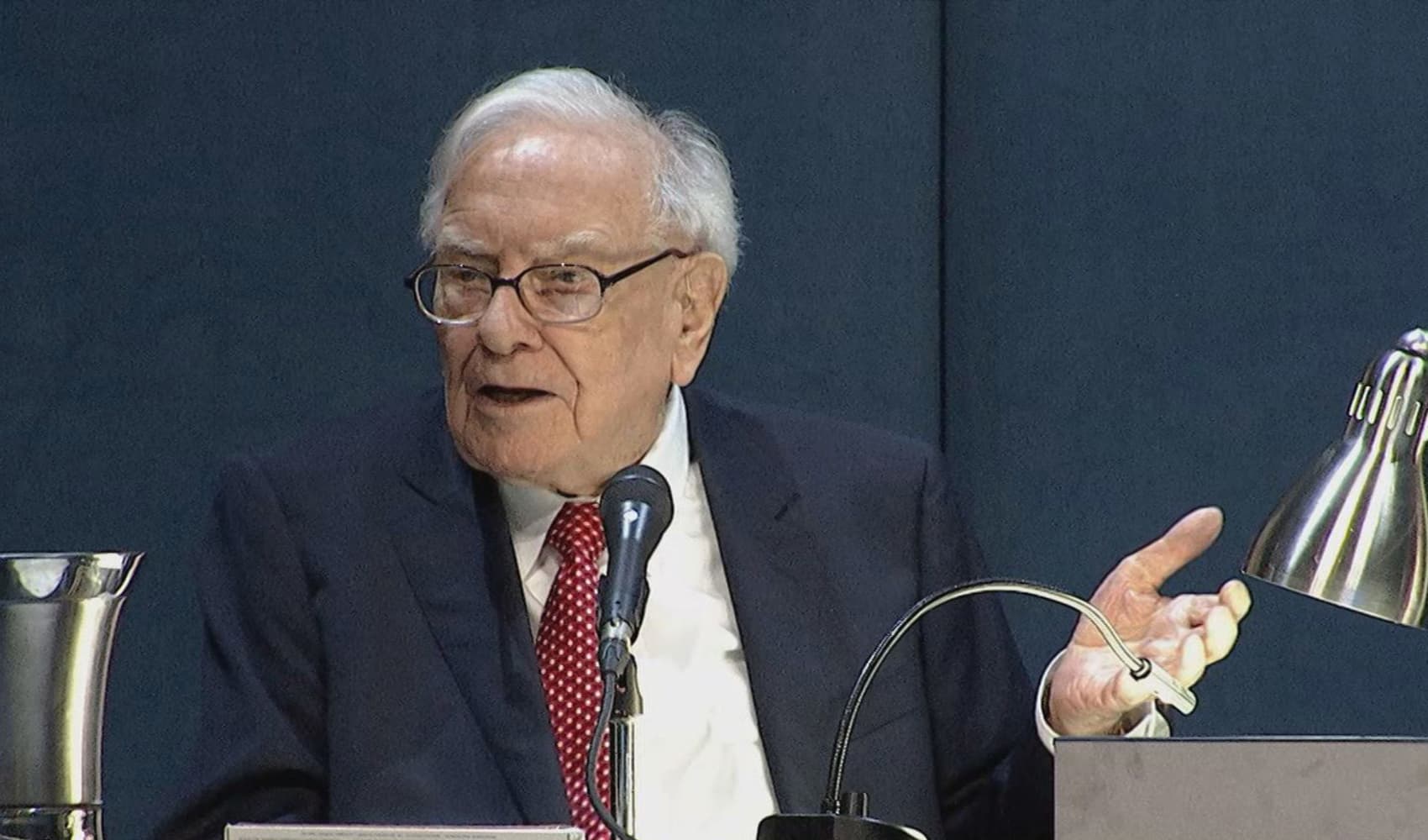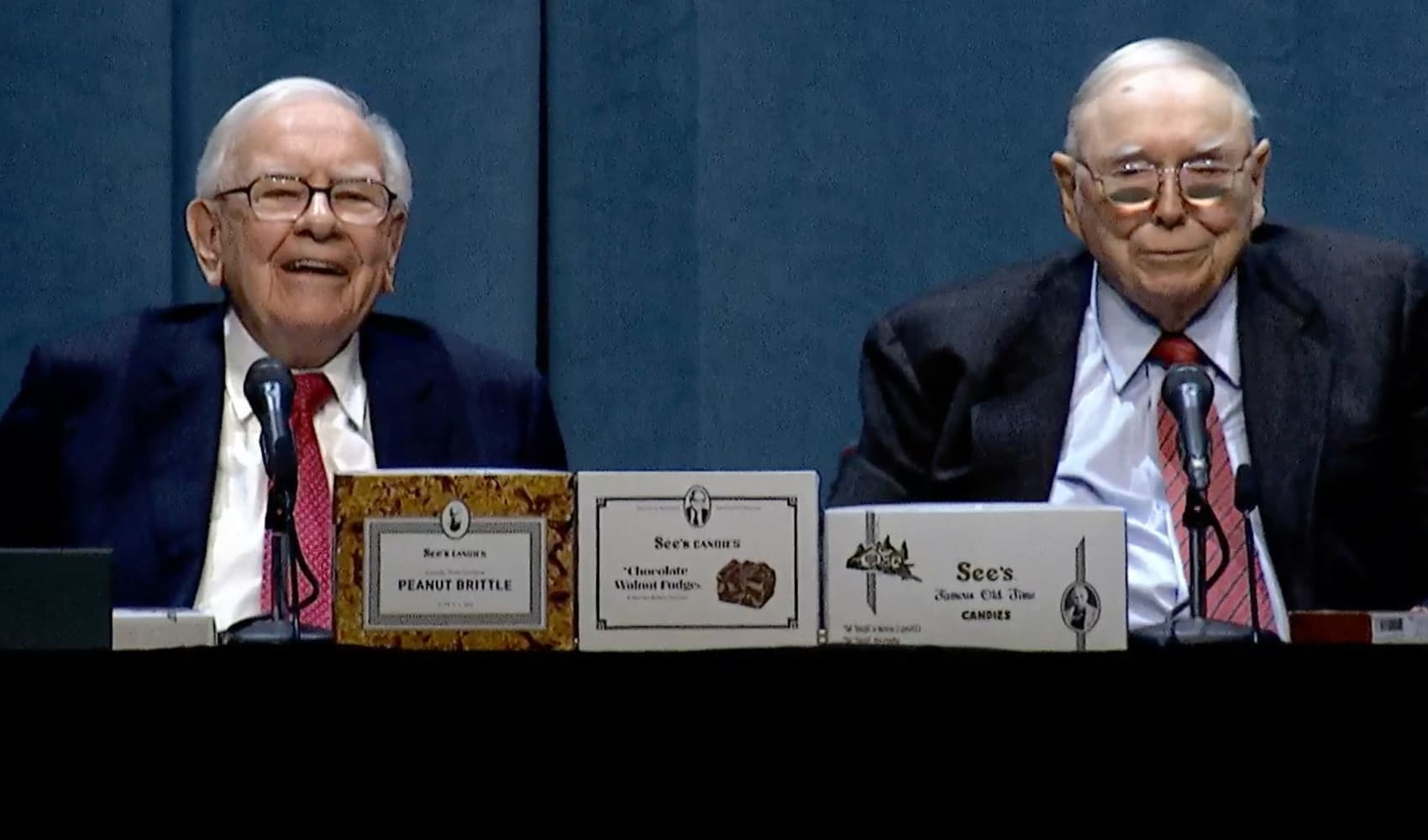
- It can be difficult to comprehend risk, but getting a grasp on it is critical to making good decisions.
- Know the facts behind common misconceptions about investing and managing finances that stump many Americans.
Many U.S. adults are making financial decisions with a generally poor level of financial literacy, a new report finds. Part of the problem: People continue to believe common misconceptions about managing and investing their money.
The TIAA Institute-GFLEC Personal Finance Index gauges an individual's knowledge of their personal finances. The index, which has been conducted annually since 2017, asks respondents questions about borrowing, saving, earning, investing and other money-related areas.
Get Southern California news, weather forecasts and entertainment stories to your inbox. Sign up for NBC LA newsletters.
In the latest version, most people got the correct answers only about half the time.
Comprehending risk consistently proves to be the most difficult concept for adults to grasp, said economist Annamaria Lusardi, who founded the Global Financial Literacy Excellence Center in 2011 and is a senior fellow at the Stanford Institute for Economic Policy Research. Yet, "when we're trying to look at the basis of financial decision-making, a key question is the relationship between return and risk," she said.
Money Report
Here are the facts behind three common misconceptions about investing and managing finances that stump many Americans:
1. Diversification
MISCONCEPTION: Investing in a single company's stock usually provides a safer return than a stock mutual fund or exchange-traded fund.
FACT: Investing in one stock is like putting all your eggs in one basket. It exposes your savings to significant loss if the company is in trouble.

Many mutual funds and exchange-traded funds — especially ones that track a broad market index like the S&P 500 — hedge this risk through diversification, by buying the stock of many different companies.
When it comes to your retirement savings, target-date funds can be another smart option.
"You don't have to be an investment guru, you can always start with the target-date fund that's in most retirement plans to get you in the game for a young person," said Paul Yakoboski, a senior economist with the TIAA Institute.
Target-date funds have become the most popular investments in workplace retirement plans, such as 401(k)s. As investors approach retirement, the fund's mix of investments becomes more conservative, decreasing the portion of stocks and increasing the portion of bonds or cash.
2. Return and risk
MISCONCEPTION: Over time, stocks generally give the highest return with little risk when compared with savings accounts and bonds.
FACT: The U.S. stock market is considered to offer the highest investment returns over time, but there is a higher risk as stocks are more volatile than bond prices or cash in a savings account.
"An asset that brings a higher return also has a higher expected risk," said Lusardi, who is also a member of the CNBC Global Financial Wellness Advisory Board. "People feel like, I can get a higher return with no risk … but basically, a higher return is always a reward for higher risk."
Investors with a longer timeline toward their goal often have greater opportunities to weather that risk. But if you have a short-term goal, experts typically advise keeping the money out of the market.
For savers and short-term investors looking for a steady return, high-yield savings accounts can be an attractive option, with top interest rates currently hovering between 4% and 5%, according to Bankrate. There's almost no risk to money in federally insured deposit accounts, unlike investments that are subject to the daily changes in the stock, which can result in much higher risk.
3. Compound interest
MISCONCEPTION: If you had $100 in a savings account and the interest rate was 4% a year, you'd have $104 after 5 years if you left the money to grow.
FACT: A $100 deposit left in a savings account earning an interest rate of 4% per year over 5 years would total $121.67 with compound interest.
Compound interest can make your savings grow faster since you're earning interest on the original amount of money deposited plus the interest earned. Check out the Securities and Exchange Commission's compound interest calculator to calculate the interest you're earning on your savings.
Compounding can be one of the greatest gifts for savers and investors, many financial advisors say. You're not necessarily rewarded for complexity when it comes to your portfolio, said certified financial planner Preston Cherry, a member of the CNBC FA Council and the founder of Concurrent Financial Planning in Green Bay, Wisconsin.
"You're rewarded for commitment, consistency, and compounding," he said.
SIGN UP: Money 101 is an 8-week learning course on financial freedom, delivered weekly to your inbox.






